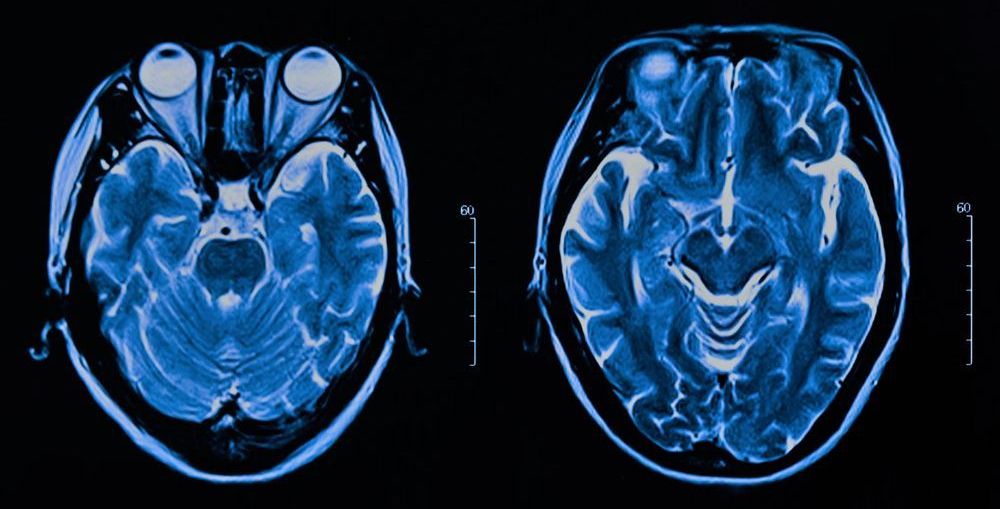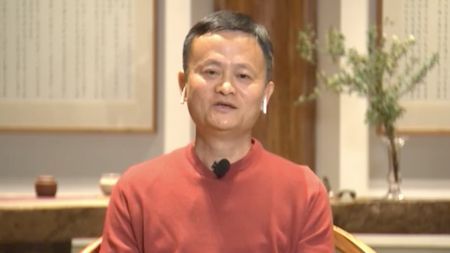Patent describes system that rewards users with digital currency every time they view an advertisement or use a certain internet service.



In collaboration with the Autonomous Disinformation Research Network – @DisinfoResearch
On Wednesday, November 6, 2019, leaked data from the defunct neo-Nazi forum, Iron March, emerged online, exposing the personal information of more than 1,200 members, including the locations of their IP addresses and, in some cases, their real names. Already, activists sifting through the database have uncovered several fascists around the country, including some in uniform. A thoroughly transnational network, Iron March stemmed from a site called International Third Position Forum, was launched by a Russian, produced a terror group in the U.S., and facilitated coordination among terror groupings in the U.K. and elsewhere, all through the power of the internet.
Perhaps most intriguingly, Iron March involved members whose goals of recruiting through the U.S. military underlied their fantasies of ultimately destroying liberal democracy through a fascist paramilitary insurgency. It went on to develop a small but lethal “accelerationist” terrorist group called Atomwaffen Division (Nuclear Weapons Division), responsible for murders, an assassination attempt, and failed bomb plots. It also recently became famous for adding journalists from a Quillette article to a hit-list called “Sunset the Media.” Though what they mostly seem to do is put up stickers in what they laughably call “the stickening.”

Elon Musk says SpaceX’s ambitious Starlink satellite internet setup has made great steps toward providing good internet to previously low-priority locations. Musk’s Starlink plan accounts for an eventual 40,000 satellites in orbit to blanket the globe in internet coverage, far surpassing any existing satellite internet service.
Wi-Fi to gets its biggest upgrade in 20 years: US authorities agree to open up a huge chunk of radio spectrum in the 6GHz frequency band to internet routers — and it could massively improve your connection speed…
The US Federal Communications Commission is opening up radio spectrum in the 6GHz frequency band, ushering a new era of fast, low-latency internet connections.
The decision, voted on unanimously by the FCC, will add 1,200 Megahertz of Wi-Fi for unlicensed use and increase the amount of Wi-Fi spectrum by nearly fivefold.
The release of the spectrum offers new radio waves for routers, and is likely to result in better Wi-Fi service speeds, hyper-low latency and higher network capacity.

SpaceX CEO and founder Elon Musk has shared more details about when in 2020 we can expect the company’s Starlink low-latency, high-bandwidth satellite internet service to actually be available to customers. He said on Twitter that a private beta for Starlink would begin in around three months, with a public beta to kick off roughly three months after that.
The initial beta test will apply to those located in “high latitudes,” Musk added. To date, SpaceX has said that Starlink service will initially be made available to customers in Canada and in the northern United States in 2020, with additional service expansion to follow to other parts of the world throughout 2021. On Twitter in response to a question about whether Germany counts as “high latitude,” Musk said that it does, indicating beta service at least may be available in more markets than the U.S. and Canada ahead of next year.
Late last year, Musk tweeted saying he was using a Starlink satellite connection to do so, and since then the company has launched six batches of 60 satellites each to build out its network. The small satellites work by flying around the Earth in low orbit, passing off connection between one another to ensure consistent service is provided to ground stations. They orbit lower than geostationary communications satellites, which provides latency and speed benefits, but don’t remain in a fixed position so a large number of them are required to provide consistent connectivity.


Who knew there were so many “smart” ways to unlock a lock? For years companies have been trying to get people to use their phones or keypads or fobs, and now a new startup called Yeeuu Tech has thrown a bunch of methods into one device. The S1 Smart Lock packs eight different unlocking methods, and it can be fitted into most existing locks.
The S1 takes the place of an existing door handle and lock barrel. To unlock it, users can scan their fingerprint, punch in a passcode, use the app via Wi-Fi or Bluetooth, use a device with NFC, tap an included custom “badge”, give a voice command through an assistant, or use an old-fashioned mechanical key.
The fingerprint sensor is located on the top in easy thumb reach, and can apparently be read in under half a second. The system can store up to 50 different fingerprints.

:oooo.
Underwater quantum links are possible across 30 meters (100 feet) of turbulent water, scientists have shown. Such findings could help to one day secure quantum communications for submarines.
Quantum cryptography exploits the quantum properties of particles such as photons to help encrypt and decrypt messages in a theoretically unhackable way. Scientists worldwide are now endeavoring to develop satellite-based quantum communications networks for a global real-time quantum Internet.
In addition to beaming quantum communications signals across the air, through a vacuum, and within fiber optic cables, researchers have investigated establishing quantum communications links through water. Such work could lead to secure quantum communications between submarines and surface vessels, and with other subs, aircraft, or even satellites.

Alibaba’s founder Jack Ma said on Friday in a virtual interview with China Media Group that under the current situation of COVID-19, the internet economy is supporting the world and the internet is the technology of the future.
“No country or enterprises can be isolated from the internet,” Ma said, adding that every one of us must grasp the future and improve the country’s economic system through future technologies and ideas.

Your phone’s GPS, the Wi-Fi in your house and communications on aircraft are all powered by radio-frequency, or RF, waves, which carry information from a transmitter at one point to a sensor at another. The sensors interpret this information in different ways. For example, a GPS sensor uses the angle at which it receives an RF wave to determine its own relative location. The more precisely it can measure the angle, the more accurately it can determine location.
In a new paper published in Physical Review Letters, University of Arizona engineering and optical sciences researchers, in collaboration with engineers from General Dynamics Mission Systems, demonstrate how a combination of two techniques—radio frequency photonics sensing and quantum metrology—can give sensor networks a previously unheard-of level of precision. The work involves transferring information from electrons to photons, then using quantum entanglement to increase the photons’ sensing capabilities.
“This quantum sensing paradigm could create opportunities to improve GPS systems, astronomy laboratories and biomedical imaging capabilities,” said Zheshen Zhang, assistant professor of materials science and engineering and optical sciences, and principal investigator of the university’s Quantum Information and Materials Group. “It could be used to improve the performance of any application that requires a network of sensors.”